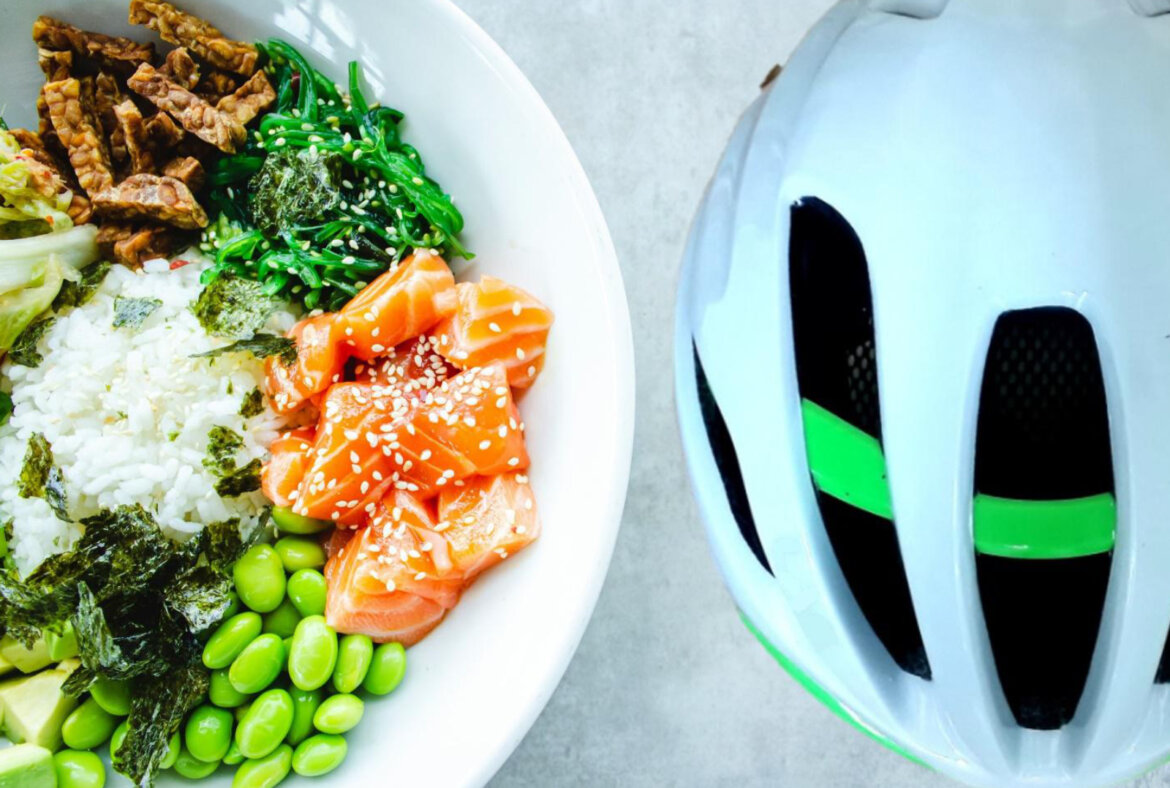Eat healthy and stay physically active not only aid in maintaining an optimal weight but also improve overall health and boost your mood. Discover actionable tips to integrate nutritious eating and consistent physical activity into your daily routine.
Understanding the Importance of Eat Healthy
Nutrition is about eating a regular, balanced diet. The foods you eat supply the nutrients your body needs to maintain your organs, tissues, and immune system. Proper nutrition also helps protect you from illness and disease, such as heart disease, diabetes, cancer, and obesity.
Healthy and balanced nutrition is crucial for our bike rides and essential for anyone who participates in any sport.
Obesity has become a global pandemic over the last 30 years due to over-consumption of processed food and physical inactivity. Obesity can lead to type 2 diabetes, dyslipidemia, hypertension, fatty liver disease, obstructive sleep apnoea, heart failure, ischaemic heart disease, cancers and osteoarthritis.
Key Nutrients: Macros and Micros
There are two major classes of nutrients in food: macronutrients and micronutrients.
Macronutrients are carbohydrates, protein, and fat. They supply energy (calories) and serve as the building blocks for muscles and tissues.
Micronutrients are vitamins and minerals. Needed in small amounts from the diet, they are vital to healthy development, disease prevention, and wellbeing.
Eat Healthy: Design Your Plan
While details may vary from diet to diet, all healthy eating plans have some principles in common:
- Lots of plants. Plant foods—vegetables, fruits, legumes, whole grains, nuts, seeds—offer a wealth of vitamins and minerals. They also contain fiber and phytochemicals, natural substances that provide antioxidant, anti-inflammatory and anti-cancer activity.
- Adequate protein. It’s essential to eat enough protein. Food sources of protein include lean meats, poultry, fish, eggs, dairy products, nuts, legumes, and beans. Plant protein and fish offer the most health benefits. Fatty fish is also a source of omega-3 fatty acids, which help prevent heart disease. In addition to protein, yogurt contains live cultures called probiotics, that can protect the body from harmful bacteria.
- Minimally processed foods. A diet high in ultra-processed foods causes weight gain and unhealthy shifts in blood sugar and cholesterol. Food processing often strips away nutrients while adding extra fats, sugars, sodium, additives, and preservatives.
- Limited saturated fats. Fats and oils are concentrated sources of energy. Eating too much, particularly the wrong kinds of fat, like saturated and industrially-produced trans-fat, can increase the risk of heart disease and stroke. Saturated fat intake should be less than 10% of daily calories. Use unsaturated vegetable oils (olive oil is the best) rather than animal fats or oils high in saturated fats (butter, lard, coconut/palm oil). To avoid unhealthy weight gain, consumption of total fat should not exceed 30% of daily energy intake.
- Limited added sugars. Sugars should represent less than 10% of your total energy intake. Choose fresh fruits instead of sweet snacks such as cookies and cakes. Limit intake of soft drinks, soda and other drinks high in sugars.
- Limited sodium. Keep your salt intake below 2.3 grams per day to prevent hypertension and reduce the risk of heart disease and stroke. Limit the amount of high-sodium condiments and processed foods; instead, use spices or herbs to add flavor without adding salt.
A great visual guide is the Harvard Healthy Eating Plate. It shows the proportions of the healthy foods you should eat.
Physical Activity: It’s as Important as Eating Healthy!
Not only does maintaining a healthy eating routine provide benefits, but incorporating regular physical activity offers numerous health advantages as well.
If you are regularly physically active, you may:
- manage your weight better
- lower the risk of type 2 diabetes, heart attack and some cancers
- have lower blood pressure and blood cholesterol level
- have stronger bones, muscles and joints
- feel better – with more energy, a better mood, feel more relaxed and sleep better.
Aim for at least 30 minutes a day
To maintain health, a minimum of 30 minutes of moderate-intensity physical activity is recommended on most, preferably all days. Such consistent effort can significantly lower risks of chronic diseases and improve overall physical and mental health.
For cycling enthusiasts, a robust and targeted training program is essential. While a focused session can be as brief as 30 to 45 minutes, it’s crucial that this time is used effectively to prepare you for a bike tour or cycling vacation
Increases in daily activity can come from small changes made throughout your day, such as walking or cycling instead of using the car or getting off a train/bus stop earlier and walking the rest of the way.
Engage in varied types of exercises to gain comprehensive health benefits:
- Moderate activities, such as brisk walking, to boost heart health
- Strength training, like weight lifting, to maintain bone and muscle strength
- Flexibility exercises, including yoga, to enhance movement
- Balance exercises, such as standing on one leg, to prevent falls

Biologist and Nutritionist
Experienced in Sport Nutrition
Discover your next adventure: explore our tours
Dolomites Cycling & Wellness Retreat
Discover the enchanting beauty of the Dolomites cycling, where unparalleled wellness unfolds on the canvas of climbs and breathtaking landscapes.
Dolomites Training Camp
Whether you're new to cycling or a seasoned racer, our Ride Your Life Dolomites Training Camp in Italy's stunning Alta Badia and Val Gardena offers the perfect blend of expert training, cozy accommodations, and delicious local cuisine. Improve your technique and nutrition while enjoying massage facilities and the local culture. Elevate your cycling skills in…
Puglia Bike Tour
An easy bike trip in Puglia where sun, sea, great cousine and relaxation beautifully mix.
Piedmont Bike Trip
Piedmont bike trip through vineyards, small villages and the Langhe hills.






